REDUCE FALLS,
PREVENT ACCIDENTS.
Preventing falls in care homes, including prompt management of cases such as straying and wandering, is one of the biggest challenges for staff and managers, not only because of the high frequency but also because of the significant impact on residents, their families and the facilities.
CONTEXT
One third of all residents in care homes fall at least once a year. In addition to possible physical consequences, this terrifying event may also cause other negative aspects.
We’re referring to the loss of confidence and fear of falling again, factors which may lead to:
- acceleration of functional decline
- anxiety
- social isolation
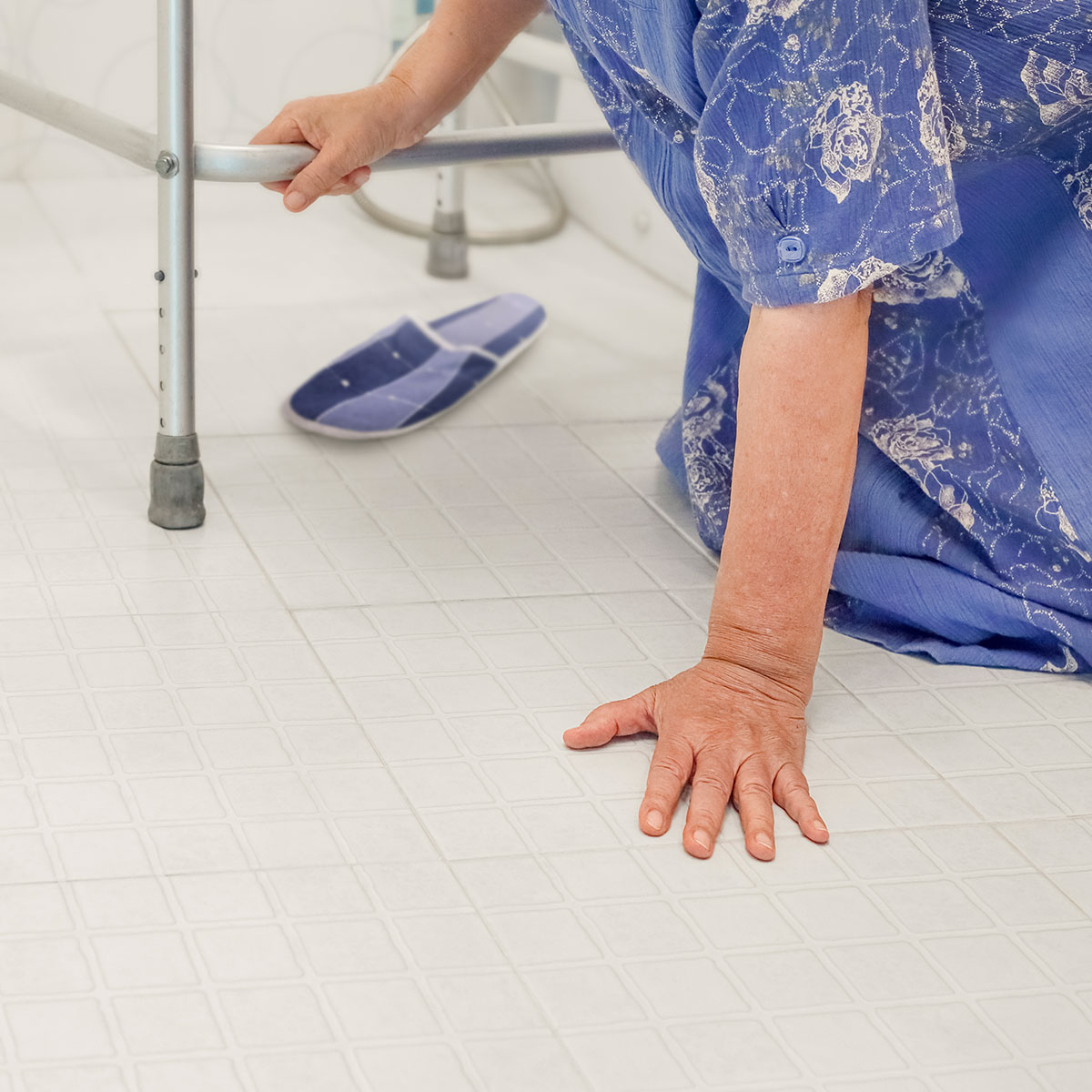
IMPACT ON STRUCTURES
Preventing and reducing falls in care homes is also a priority for the optimisation of resources within each facility, as it leads to:
- the reduction of extra work related to post-trauma management;
- the limitation of losses generated by the hospitalisation of residents and the consequent loss or decrease in payment.
ANCELIA IN ACTION
Thanks to its remote monitoring system, ANCELIA provides early warnings of risk situations that may occur in the room, bathroom or during specific shifts.
The smart optical sensor positioned above the resident beds can communicate in real time with the staff on duty, via an app for smartphones or tablets, thus facilitating the detection of:
- wandering;
- straying from their beds;
- attempting to climb over bed rails;
- attempting to get out of bed without any form of assistance;
- trying to get out of bed with the risk that the resident might get stuck between the rails.
IMPROVE THE QUALITY OF OVERNIGHT ASSISTANCE AND ENSURE YOUR RESIDENTS GET QUALITY SLEEP.
From today, you can guarantee quality sleep and safety for your residents without sacrificing good working conditions for carers and nurses.
CONTEXT
The myth of idle nights in care homes is still entrenched in the industry, even if linked to outdated studies, according to which downtime is as high as 40% during the night shift.
In more recent research, however, it has been shown that the frailty of patients has resulted in nights becoming more and more like daytime, thus putting a strain on nurses and carers as well as taking time and resources away from them. On the other hand, nights are also difficult for sleep-disordered residents, who have to consider how to manage their ‘own night’ and various environmental factors that can negatively affect them.
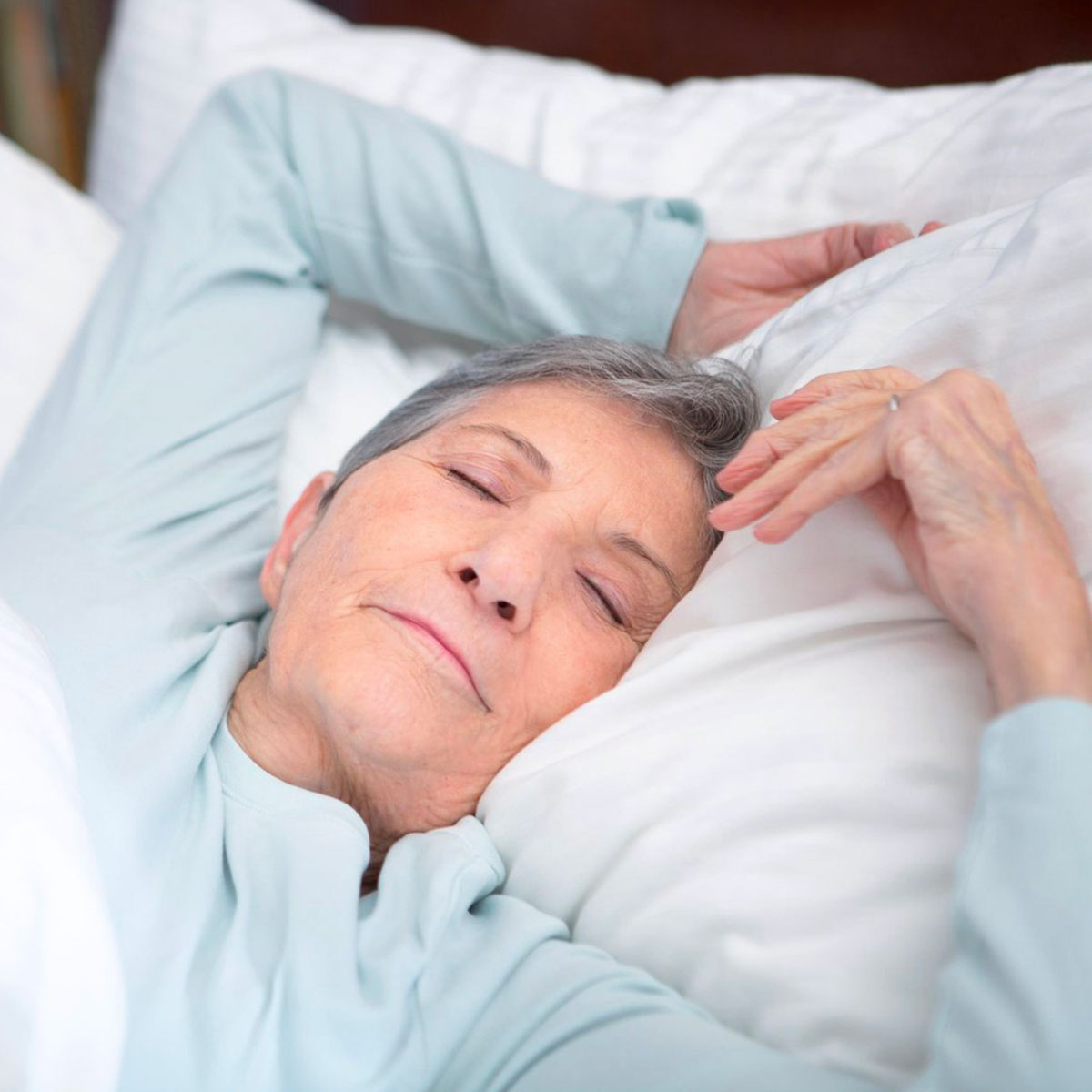
IMPACT ON STRUCTURES
Static surveillance activities can take up to 75% of a worker’s night shift. Taking action to optimise their management is therefore strategically important as it can, among other benefits, reduce staff fatigue, improve working conditions and give them more time to devote to quality care.
With regard to residents, recent studies have shown that acting on the basis of precise assessments of mobility and risk of bedsores, providing scheduled monitoring and taking action only when the individual is awake, significantly improves sleep duration and quality of life.
ANCELIA IN ACTION
Thanks to the possibility of automatically and remotely monitoring several residents at the same time, ANCELIA makes it possible to:
- reduce the number of unnecessary comings and goings in rooms, reducing the chances of disturbing residents with a good degree of independence;
- assess retrospectively overnight trends in terms of the resident’s position and presence in bed;
- identify the best time at night to change sanitary pads or carry out postural adjustments;
- coordinate nightly rounds on an objective basis, managing the workload within the team in a balanced way;
- reduce tiring and unnecessary inspection rounds, by scheduling them on the basis of objective data and reports;
- define how much and on which patients to intensify overnight surveillance, on the basis of reports and data providing the resident’s medical history and which make it possible to detect any onset or deterioration of pathologies;
- guarantee immediate assistance by a caregiver thanks to real-time monitoring of emergency situations;
- avoid adverse events which may result in serious consequences not only for the health of residents, but also for the staff’s mental well-being.
REDUCE THE USE OF RESTRAINTS.
Whether physical or pharmacological, restraints can have negative effects on a resident's health. This is why it is necessary to limit their use, and opt for alternative solutions.
CONTEXT
In spite of the increasing awareness for the reduction of ordinary restraint measures in care homes, many studies still show a widespread use of restraint measures, with data ranging from 3% to 83%, even reaching 98% if bed rails are considered as a means of restraint.
And yet, there are no studies demonstrating a reduction in the risk of falls in people subjected to restraint, while it is clear that inappropriate or prolonged use of restraints can negatively affect a person.
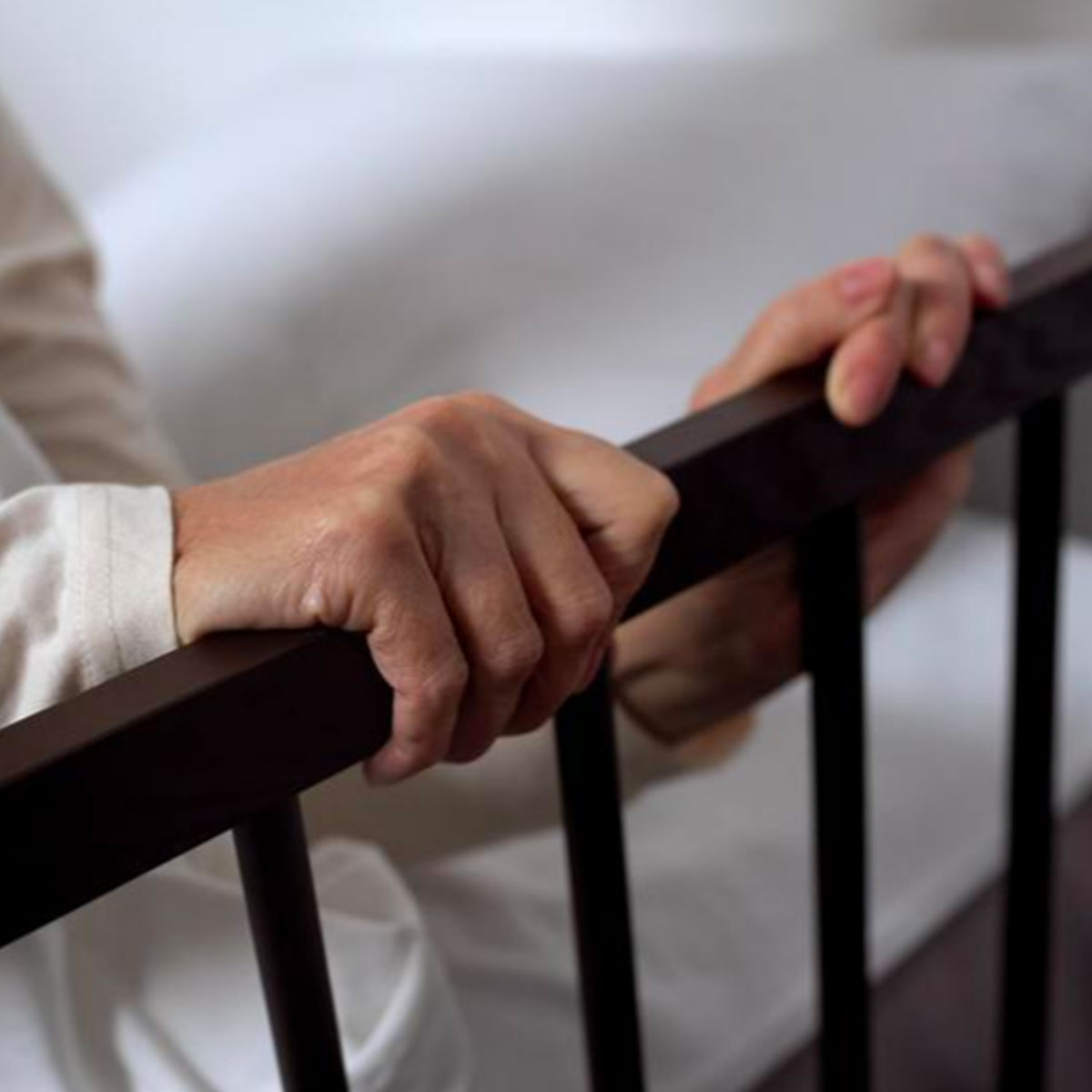
IMPACT ON STRUCTURES
Restraints pose more problems to the elderly than they solve, with serious and even fatal complications. Encouraging alternative solutions is essential in ensuring quality, risk-free care for residents and the facility alike.
ANCELIA IN ACTION
ANCELIA facilitates the management of high-risk patients by providing a part of the supervision which would otherwise be actively carried out by the staff and thereby maximising the time available for the direct and indirect care of each resident. This can concretely reduce the need for restraint.
By providing staff with the ability to monitor patients’ conditions remotely in real time, ANCELIA reduces the stress of “not knowing” and fosters confidence in avoiding restraint as the only possible solution, making staff feel empowered, even in the case of patients with behavioural disorders.
Not only: in the event of extreme necessity, remote monitoring can allow for:
- periodic supervision, if necessary;
- immediate alerting and consequent intervention in the event of possible dangerous situations, such as poorly calibrated restraints.
IMPROVE THE QUALITY OF LIFE OF YOUR RESIDENTS, IMPROVE YOUR POSTURAL CARE PROGRAMME.
When it comes to the elderly and those with impaired neuromotor capacity, the occurrence of pressure injuries is very common and can seriously compromise residents' health.
CONTEXT
When it comes to care home residents, statistics say that 10% of them suffer from pressure injuries. Prevention and treatment of this disorder is a problem which requires a considerable amount of effort in terms of human resources, materials and technology.
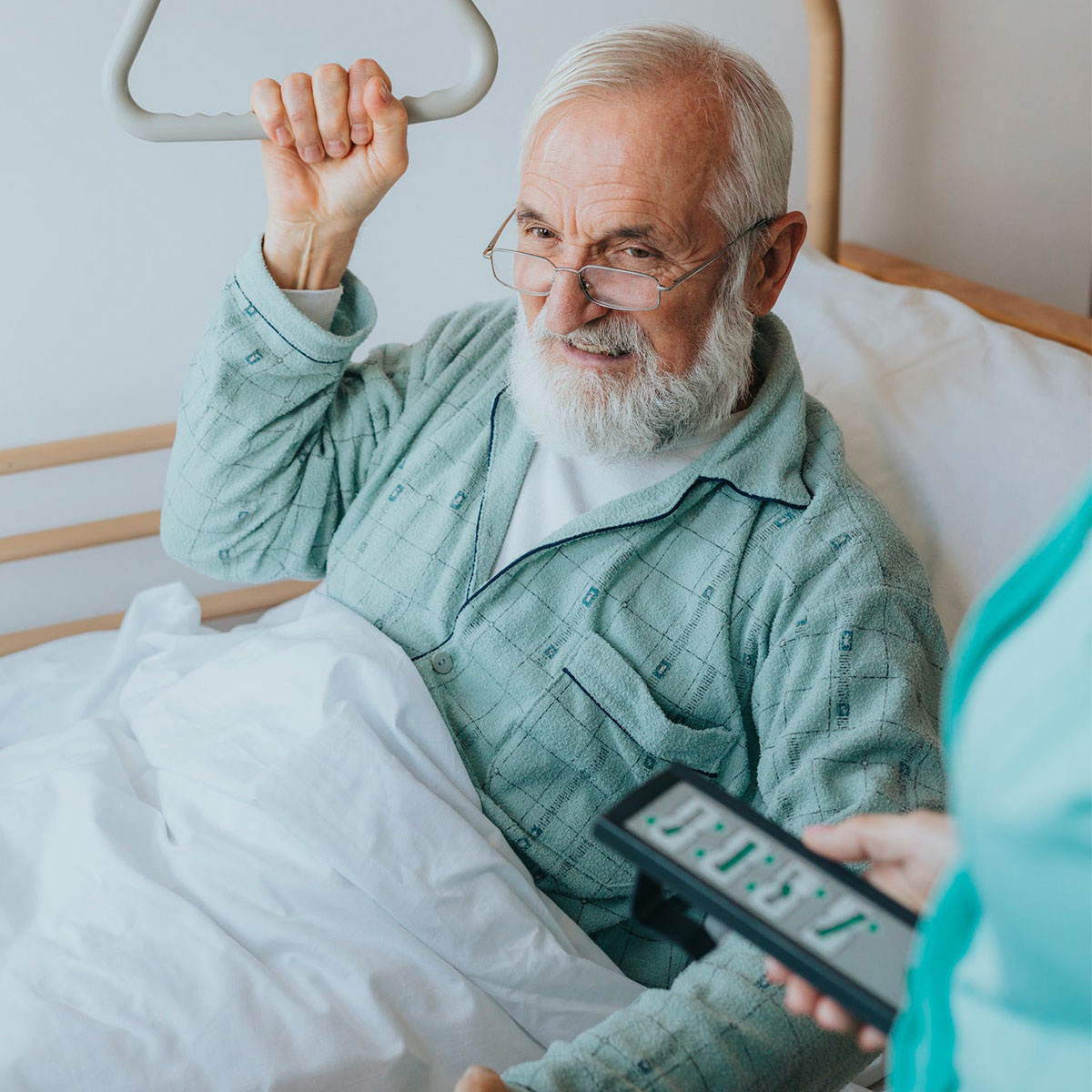
IMPACT ON STRUCTURES
Intervening to prevent pressure injuries in residents is not only necessary to safeguard the health of each individual, but is also an important aspect of optimising care costs for facilities, as it reduces costs for medical treatments and devices.
ANCELIA IN ACTION
ANCELIA constantly monitors residents’ presence and posture in their bed, providing staff with additional information if the resident needs mobilisation and postural changes.
ANCELIA can also provide reminders when residents stay in the same position for too long due to:
- the lack of a resident’s mobility whilst in bed, before onset of skin redness;
- the need to intervene if a caregiver has forgotten or if there has been a lack of communication during a shift change;
- any postural ‘defect’ a resident may have, who may return to an incorrect posture shortly after undergoing corrective treatment.
In addition, the analysis provided by ANCELIA keeps track of a resident’s posture pattern so as to identify any postural defects.
RESIDENT-FRIENDLY CARE.
In the presence of residents suffering from Alzheimer's or other forms of dementia, it is even more important to ensure personalised care to recognise and meet the needs of each resident.
CONTEXT
Worldwide, there are an estimated 46 million people suffering from dementia, 50-60% of whom have Alzheimer’s. By 2050, with an ageing population, the estimates will reach worrying numbers: 130 million individuals, 1 in every 85 people.
Working to better manage what WHO has called ‘a public health priority’ is undoubtedly crucial for those working in the social care industry.
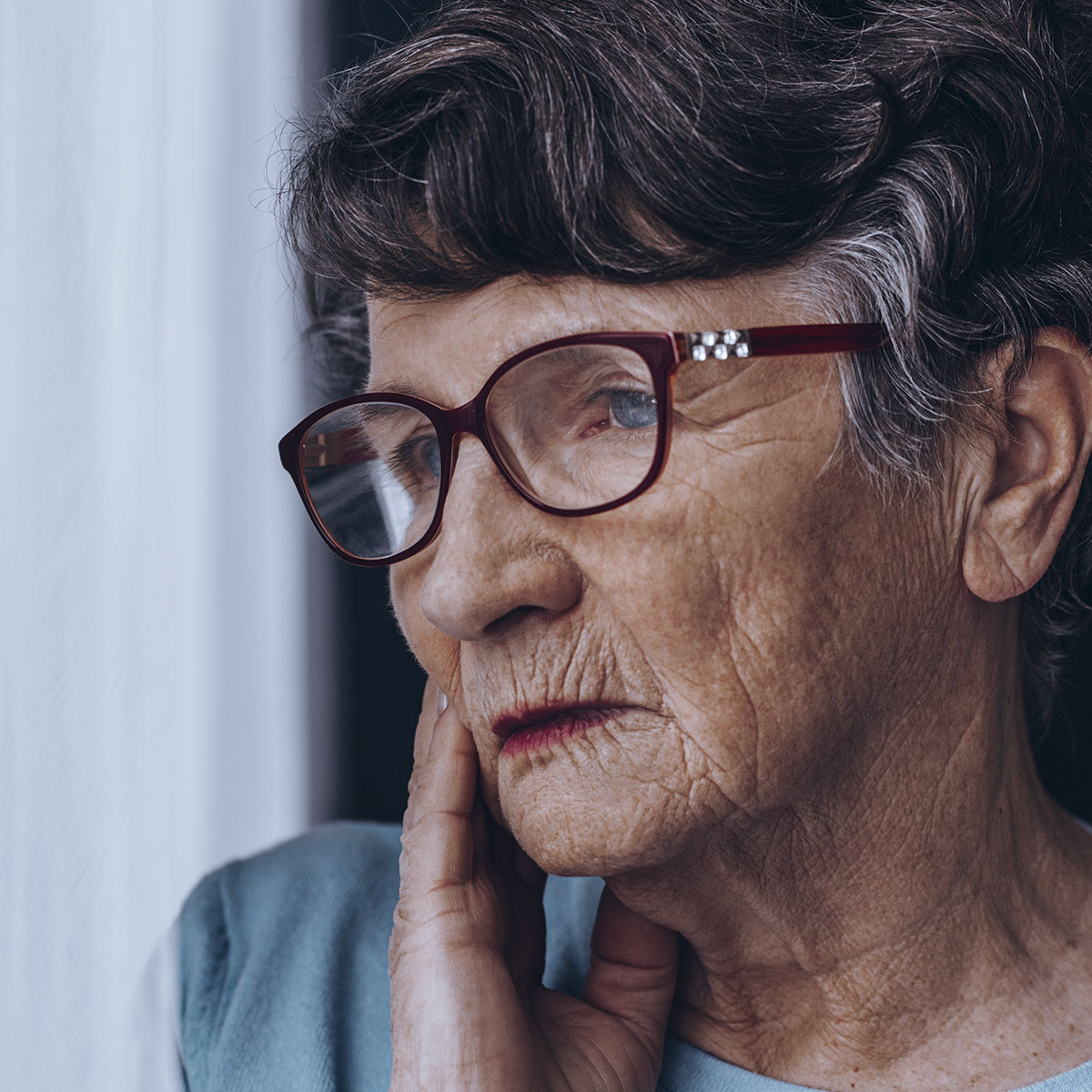
IMPACT ON STRUCTURES
As compared with other residents, those with Alzheimer’s require a greater amount of care and assistance from the staff. At a time when care homes are experiencing a decline in qualified staff and an unsuitable ratio of staff to residents, the management of specific individual needs is an important issue which cannot be overlooked.
ANCELIA IN ACTION
For residents with dementia, the expertise of the staff is essential. In this respect, ANCELIA is a valuable ally:
- it observes residents from afar and, in the case of ‘suspicious’ behaviour, can recognise early signs of a crisis, even before escalating into a more serious situation;
- it guarantees the protection and safety of all residents, by allowing for rapid and targeted assistance in the event of disturbances by Alzheimer’s residents;
- it improves the quality of care for residents by enabling the staff to work safely, even in complex situations;
- it alleviates any difficulties caused by residents’ limited ability to communicate by providing objective data on their condition.